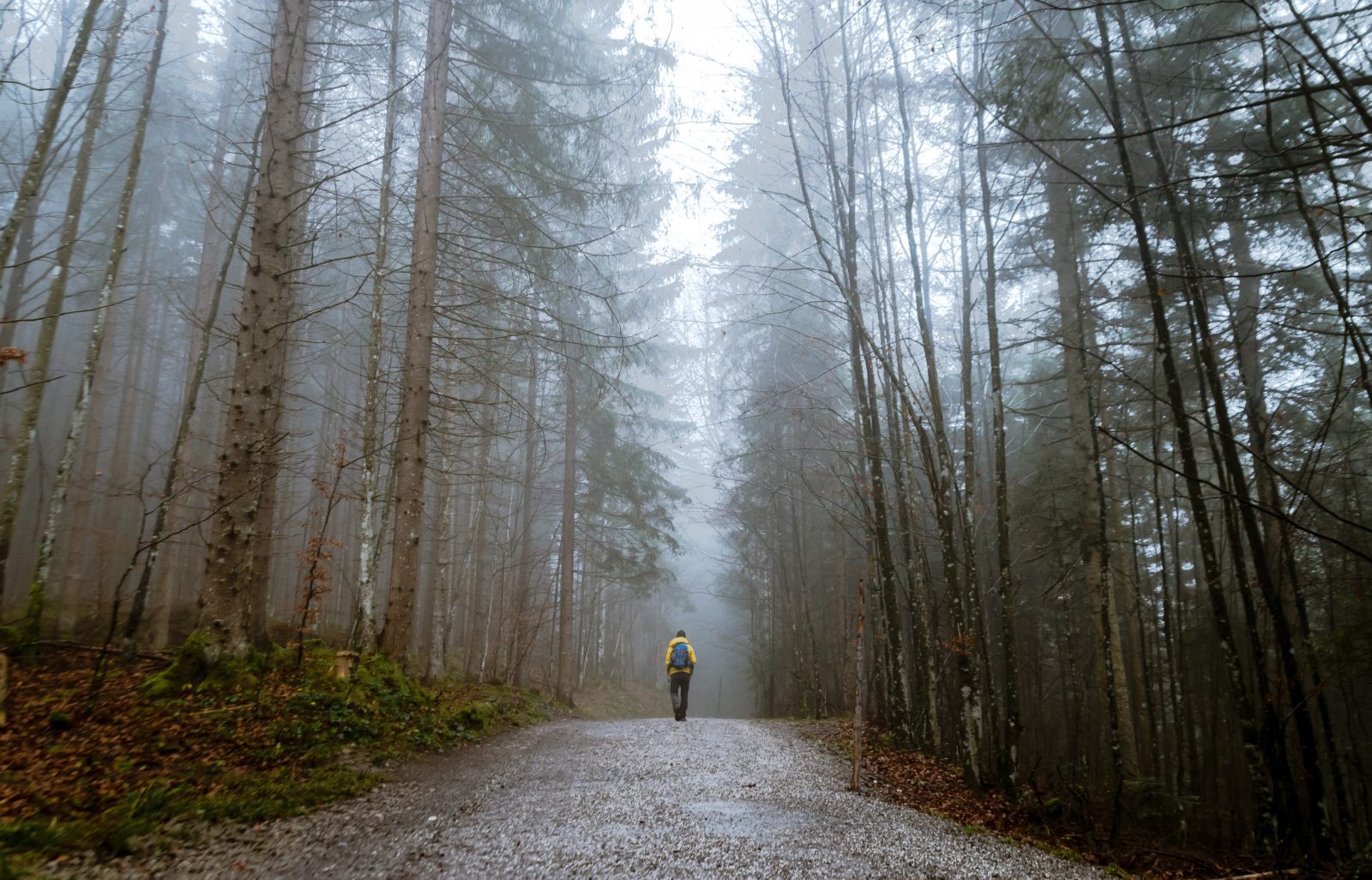State-owned company Vojenské lesy a statky ČR (VLS) reported a 680 million Czech korun profit in 2021, a 46% increase from the previous record profit in 2021. The company’s net turnover increased by almost 12% to 3.76 billion Czech korun. According to an annual report, the company’s profit growth was mainly caused by a significant increase in demand for timber and rising prices. The company especially manages forest land in training areas of the Czech Army, covering approximately 126,000 hectares of forest, corresponding to about 5% of forests in the Czech Republic.
Last year was probably the most successful year in the company’s history in terms of performance, according to the supervisory board chairman Zdeněk Čejdík. Vojenské lesy significantly improved its financial performance in 2021, when it made a profit of 466 million Czech korun, a year-on-year increase of 832%.
Director of VLS Roman Vohradský said in the annual report that the company could respond flexibly to the development of demand for timber last year. “Thanks to this, we could practically increase the monetization of all timber assortments during the year,” he added.
The company supplied 0.89 million cubic meters of raw timber to the market. According to the report, its price continued to rise last year. While at the end of 2021, it was around 1800 Czech koruna per cubic meter, at the end of last year, it reached almost 2400 Czech koruna. This meant year-on-year revenue growth of more than 290 million Czech korun for the company. The average price per cubic meter of timber last year was 2125 Czech koruna, according to the report.
Kůrovec threatens Finnish taiga more and more due to warming.
The bark beetle is increasingly endangering the Finnish taiga due to global warming. The warming climate is causing the bark beetles to reproduce more frequently and over larger areas. This leads to the destruction of trees, which contributes to the release of carbon dioxide into the atmosphere. The article also highlights the economic impact of the bark beetle infestation on the forestry industry.
According to the report, the trade in wood was significantly affected last year by the economic situation in Europe caused by the war in Ukraine, which limited the purchase of roundwood from Russia and Belarus to the EU due to sanctions. The market was also affected by the departure of companies from Russia. According to the annual report, Europe had a shortage of building materials, including timber.
“The enormous demand for coniferous timber peaked in the second quarter, especially in April and May. All this resulted in the highest prices for coniferous roundwood in recorded history,” the report said. It also highlighted the enormous growth in demand for fuelwood or chips. According to the company, the need for energy raw materials caused a shortage of resources for the processing industry.
Last year, 913,000 cubic meters of timber were harvested in military forests. Of this, 69% was incidental logging, meaning wood harvested due to damage. About half of the arbitrary logging volume was due to wind damage. According to the company, the share of damage caused by the bark beetle has significantly decreased, falling from 44% in 2021 to 22% in incidental logging.









